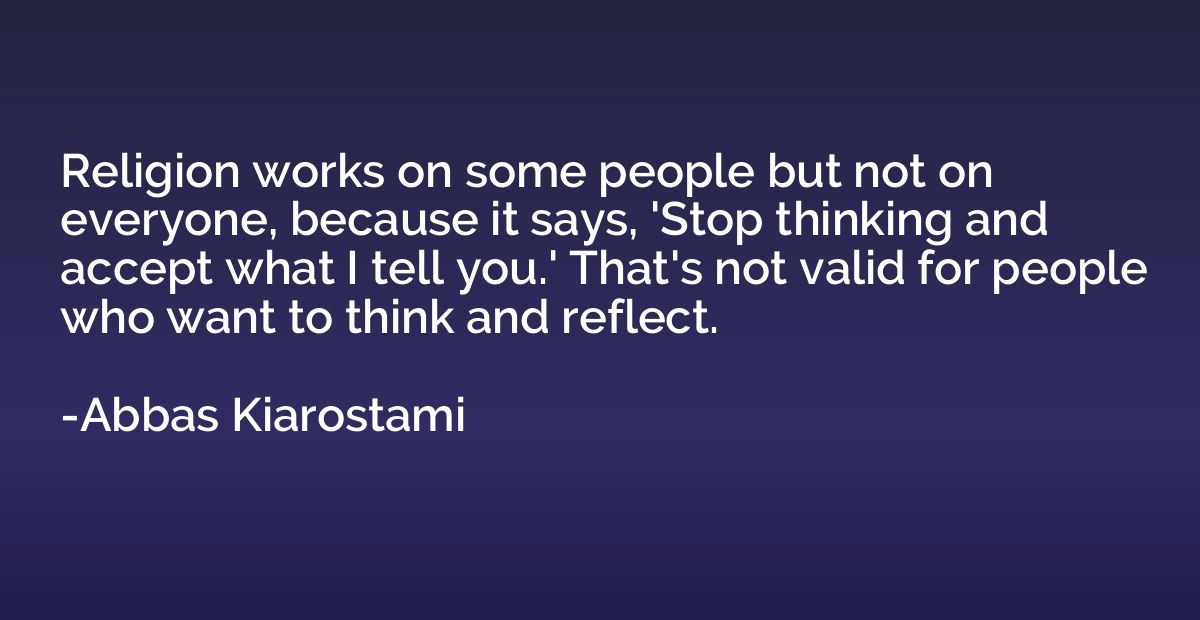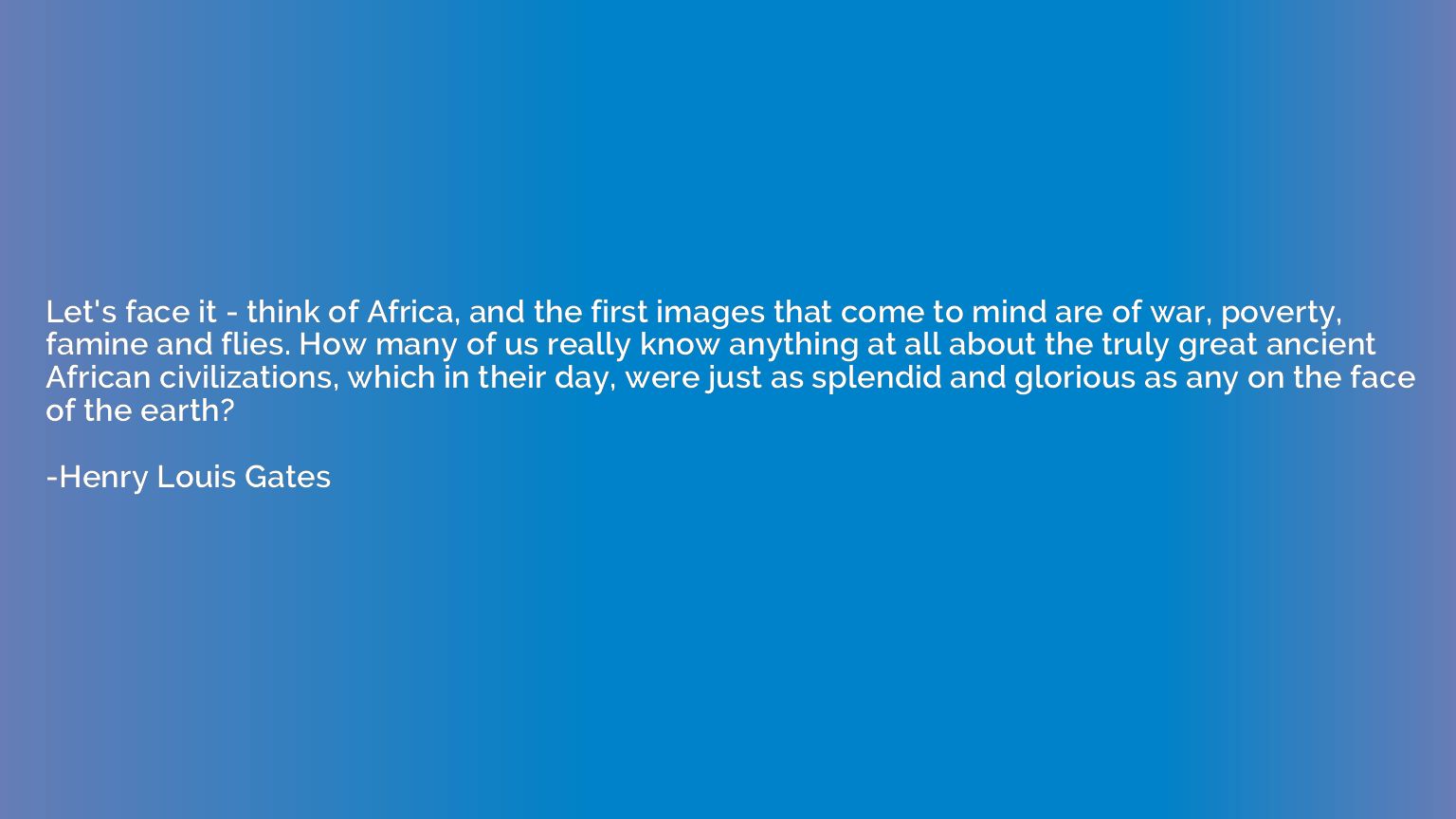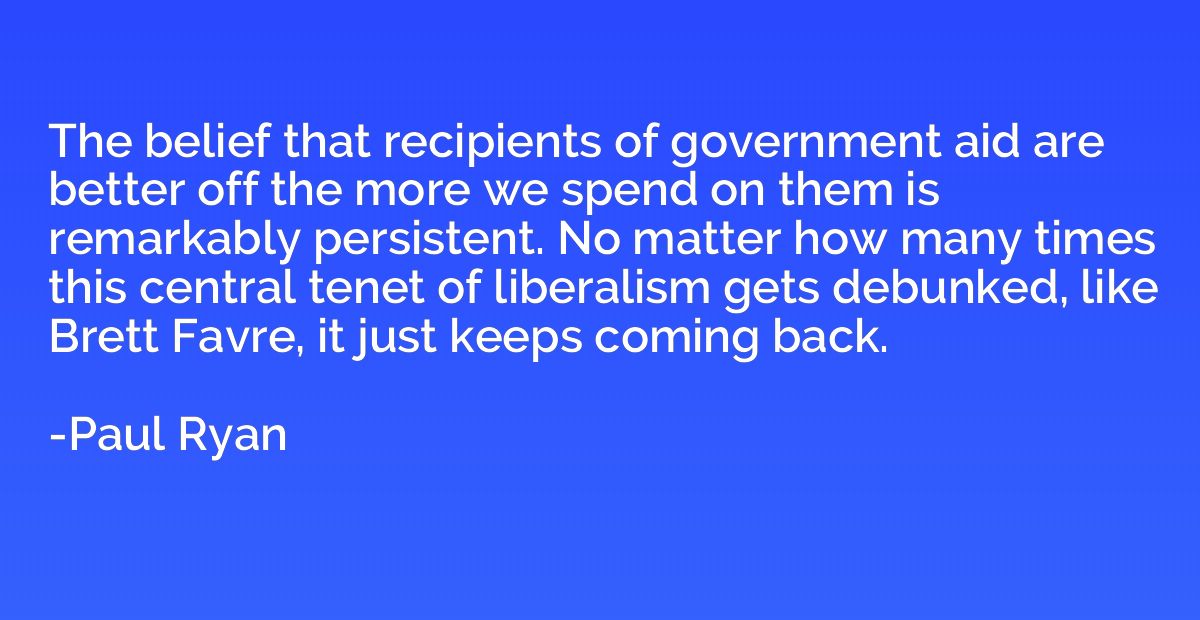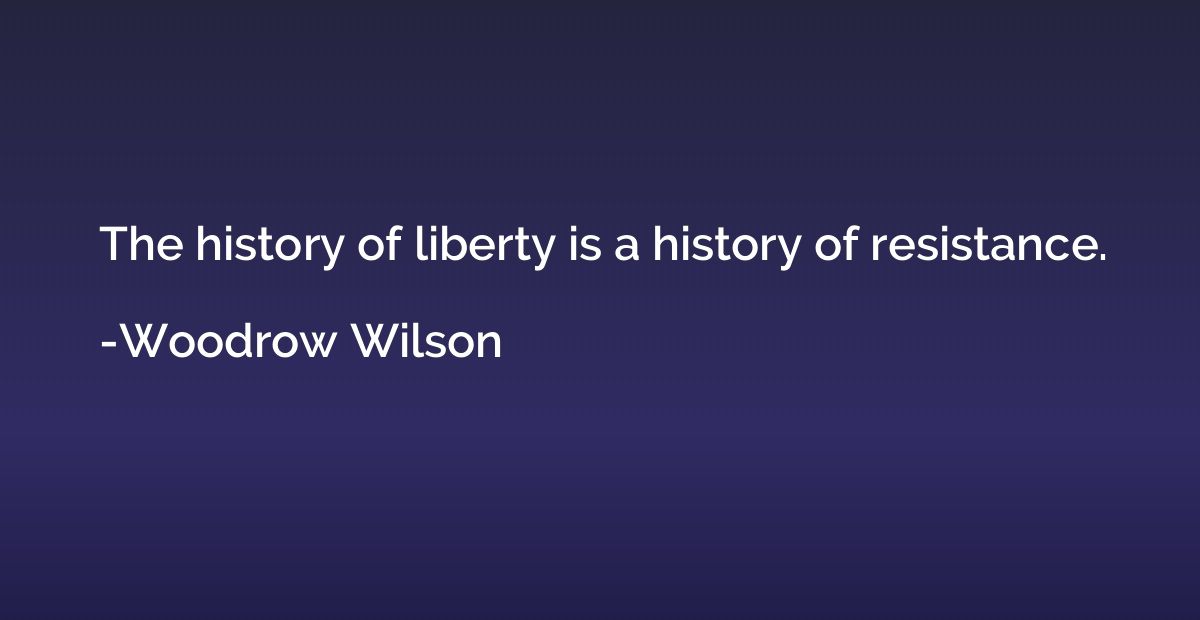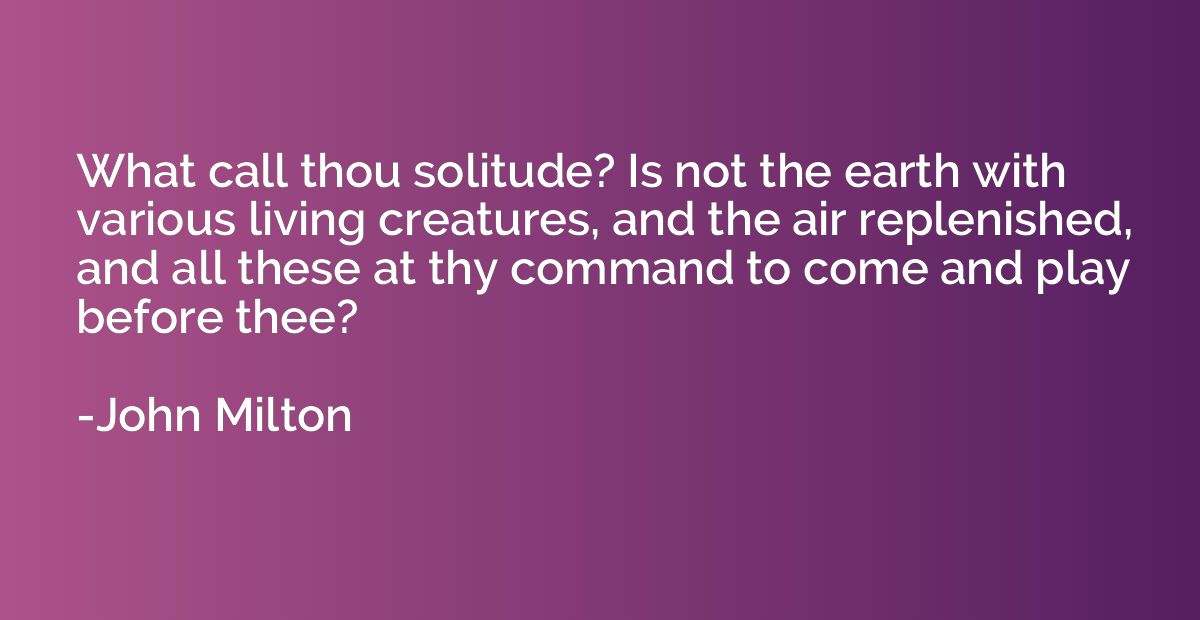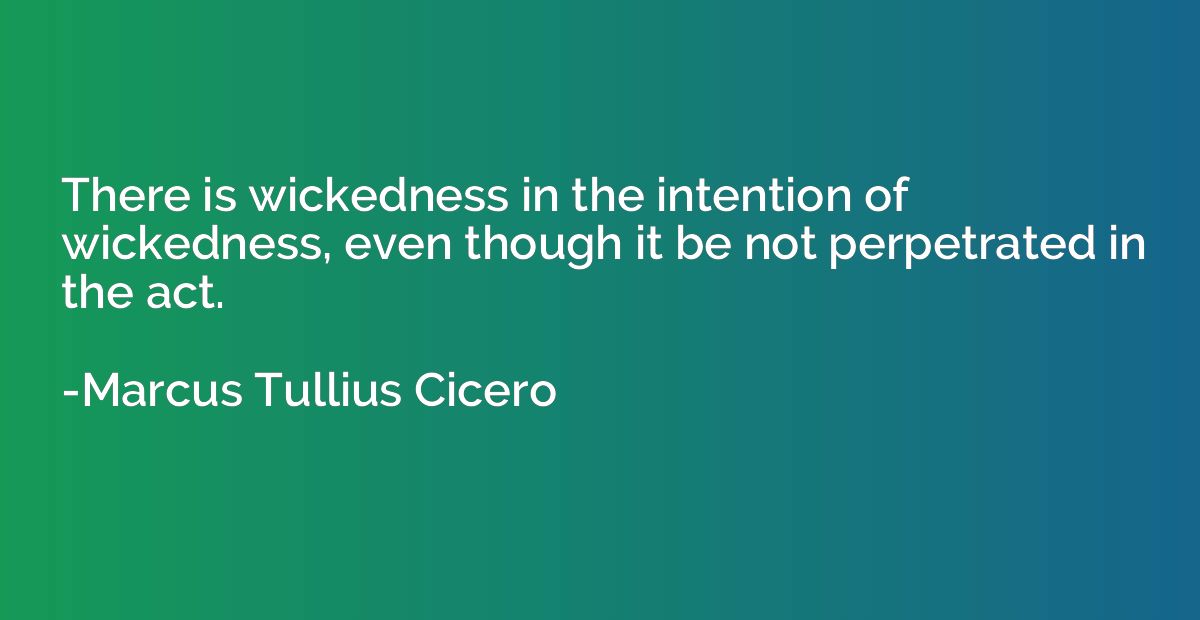Quote by Mahatma Gandhi
Seven social sins: politics without principles, wealth without work, pleasure without conscience, knowledge without character, commerce without morality, science without humanity, and worship without sacrifice.
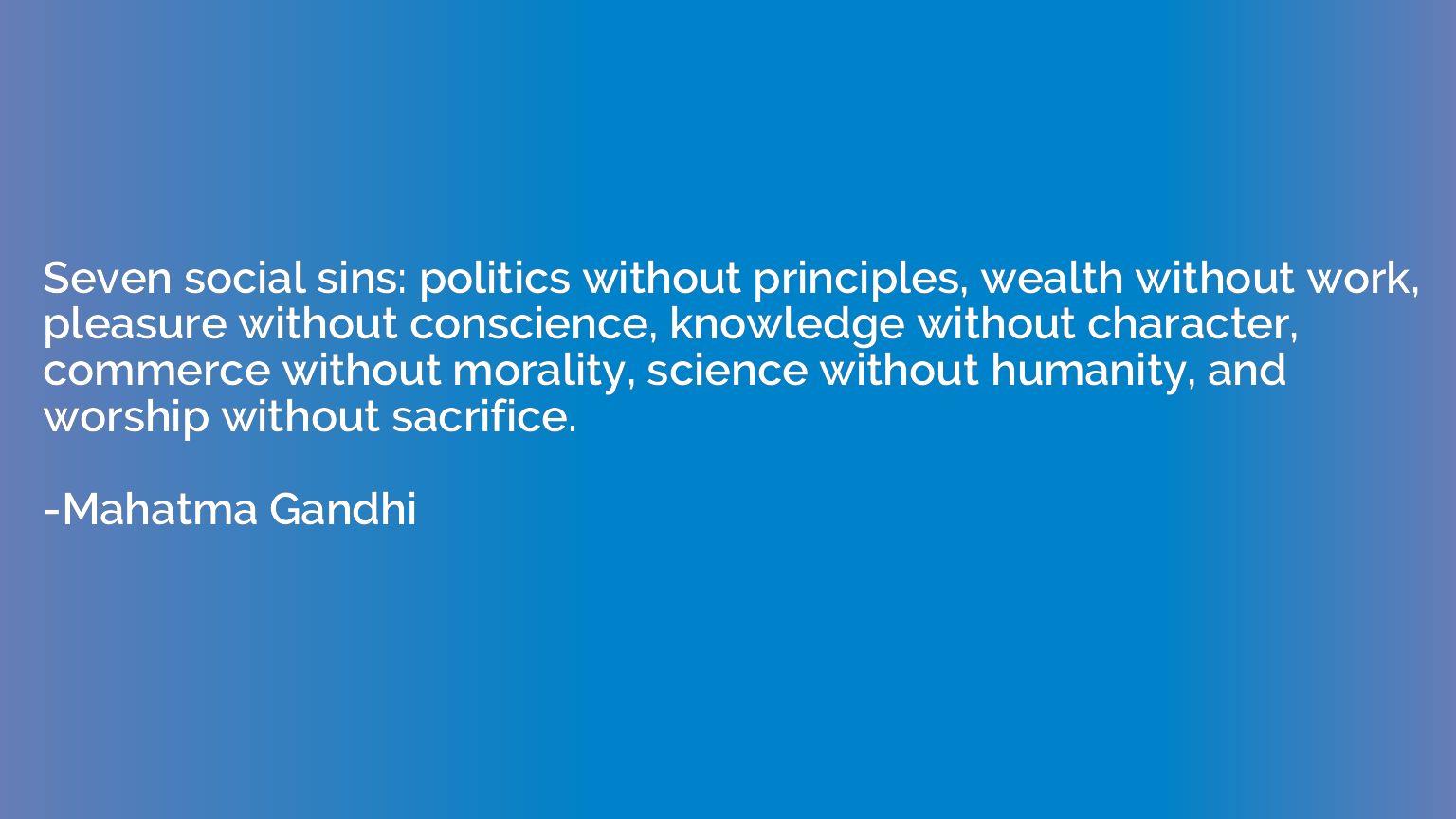
Summary
This quote by social reformer and writer Mahatma Gandhi highlights seven social sins that he believed were detrimental to society. Gandhi believed that politics without principles lacked ethical foundations, and wealth without work reflected an unjust distribution of resources. Pleasure without conscience represented a lack of empathy and moral responsibility. Knowledge without character emphasized the importance of a sound moral compass alongside education. Commerce without morality critiqued the pursuit of profit at the expense of ethical standards. Science without humanity warned against the disconnection between technological advancements and ethical considerations. Lastly, worship without sacrifice highlighted the superficiality of religious practices divorced from selfless acts of service.



